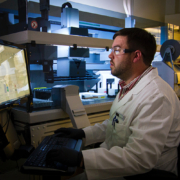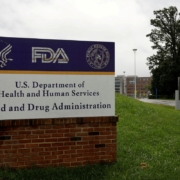Bluebird hit with slow uptake of sickle cell, beta-thalassemia gene therapies
Despite pioneering gene therapies in several diseases, bluebird bio has had a tough time starting enough patients on its treatments, the biotech revealed during its second-quarter 2024 earnings report posted on Wednesday.
Since winning approval in December 2023, bluebird’s sickle cell disease treatment Lyfgenia (lovotibeglogene autotemcel) has only been initiated in four patients, from whom cells have already been collected. Likewise, four patients have started treatment with the cerebral adrenoleukodystrophy gene therapy Skysona (elivaldogene autotemcel).
Meanwhile, 19 patients have been started on the beta-thalassemia therapy Zynteglo (betibeglogene autotemcel), which was approved in August 2022.
This underwhelming rollout has disappointed analysts, investors and financing partners. In reaction, bluebird’s shares dropped by as much as 22% on Wednesday. In addition, the biotech was forced to renegotiate its standing loan agreement with Hercules Capital.
First announced in May 2024, the original Hercules loan arrangement, which includes an initial $75 million tranche, would have given bluebird $25 million in additional funding if the biotech had been able to initiate 35 patients on Lyfgenia by the end of September 2025, or 55 patients by the end of the year.
Under the renegotiated terms, bluebird has extended its deadline—the biotech now needs to start Lyfgenia treatment in at least 50 patients by March 31, 2025, or 70 patients by June 30, 2025, for it to unlock the additional tranche from Hercules, CFO James Sterling explained in the company’s investor call. Bluebird also needs to secure $75 million in gross additional financing by Dec. 20, 2024.



 BioSpace
BioSpace





